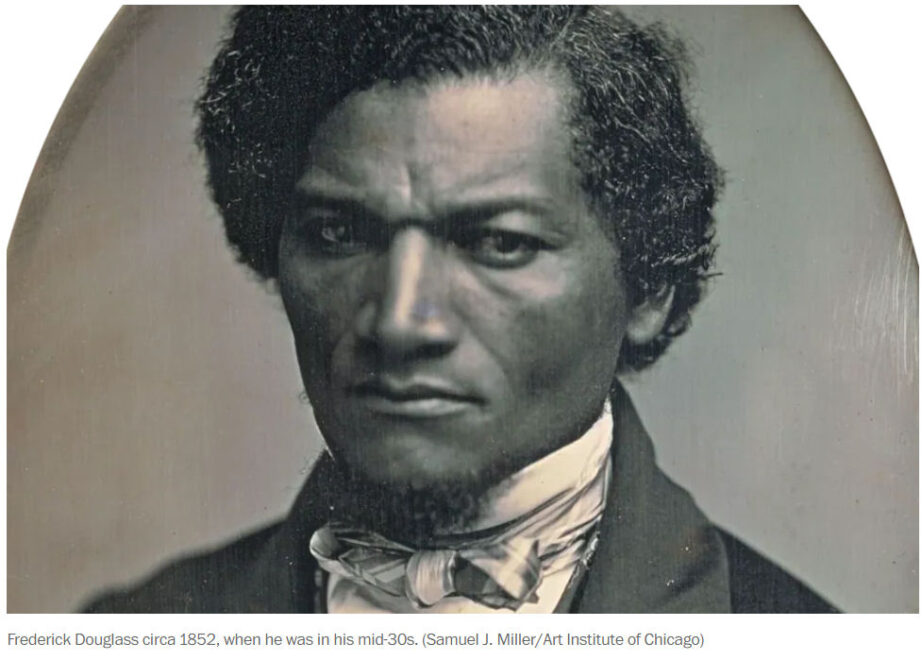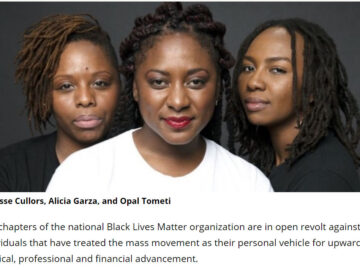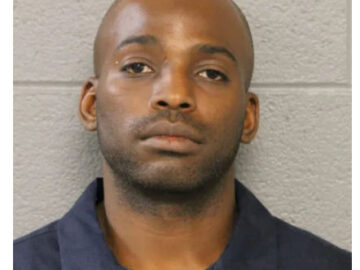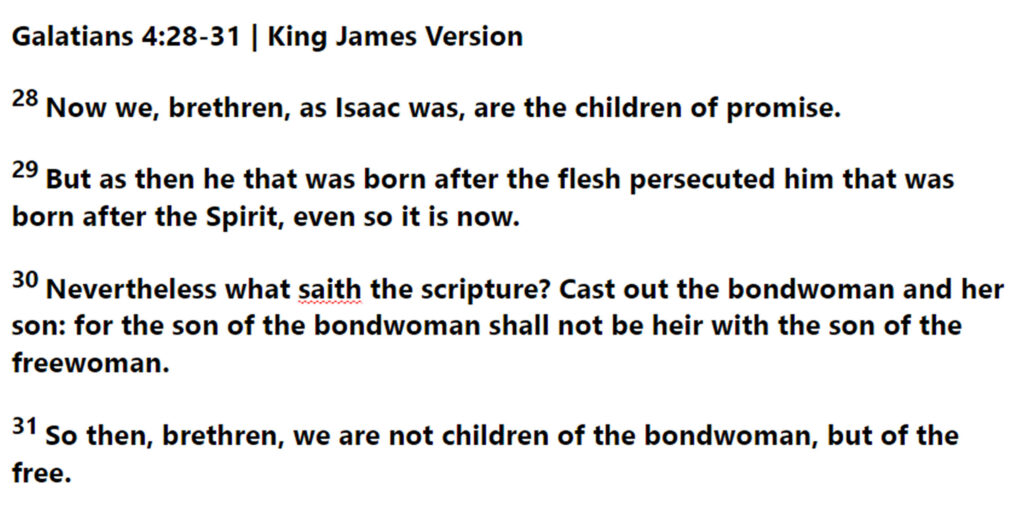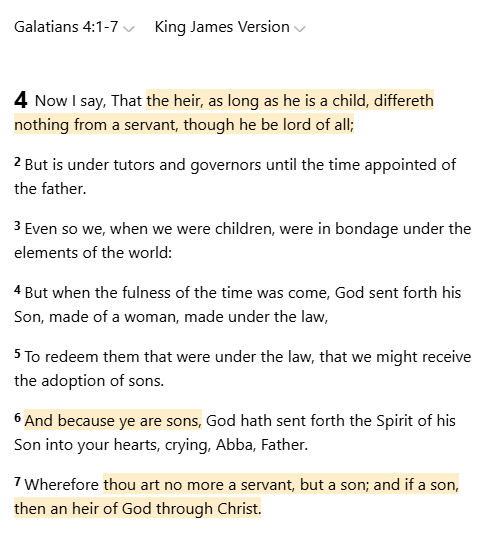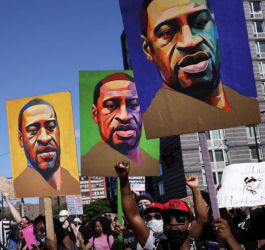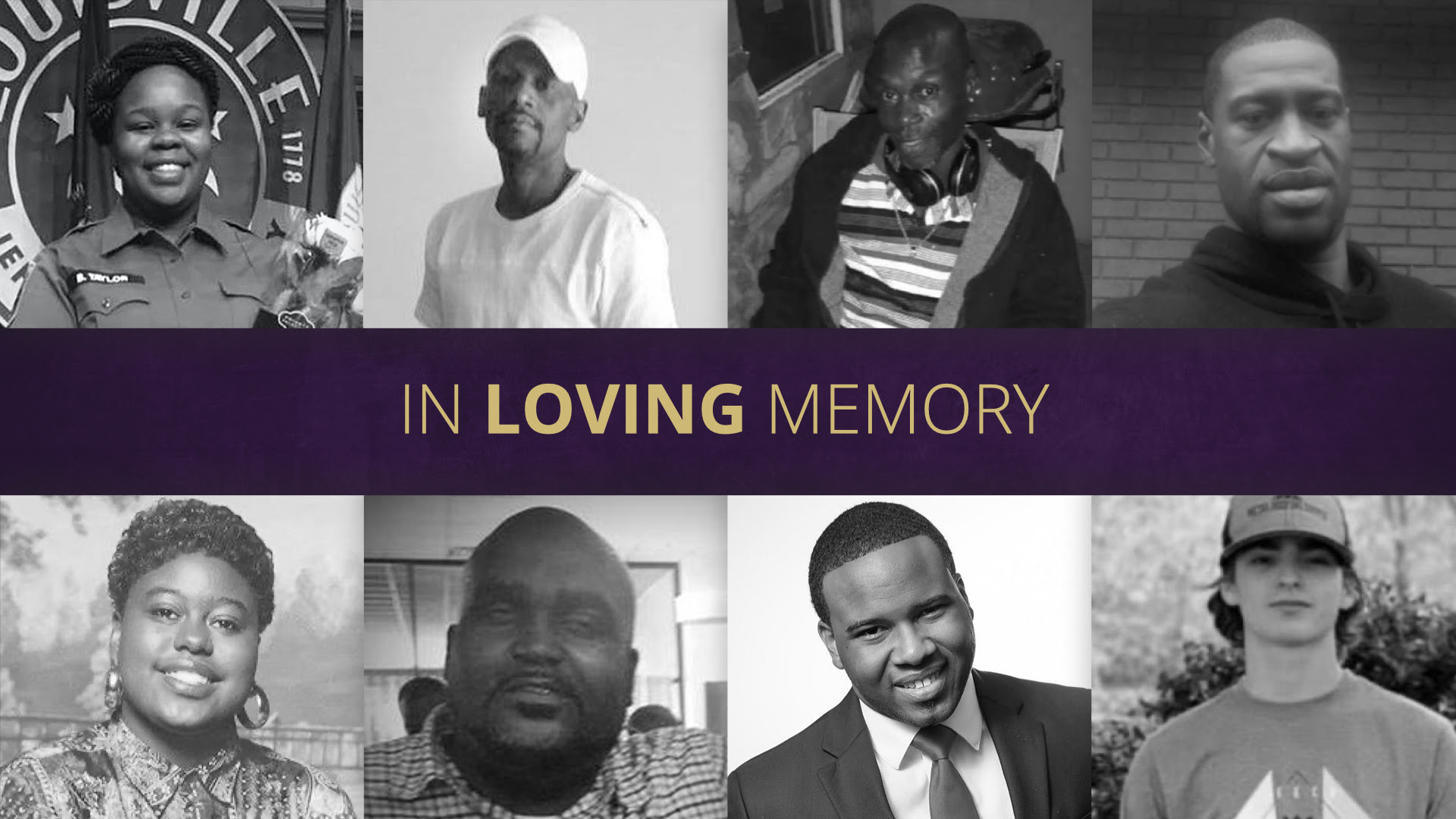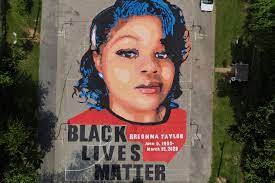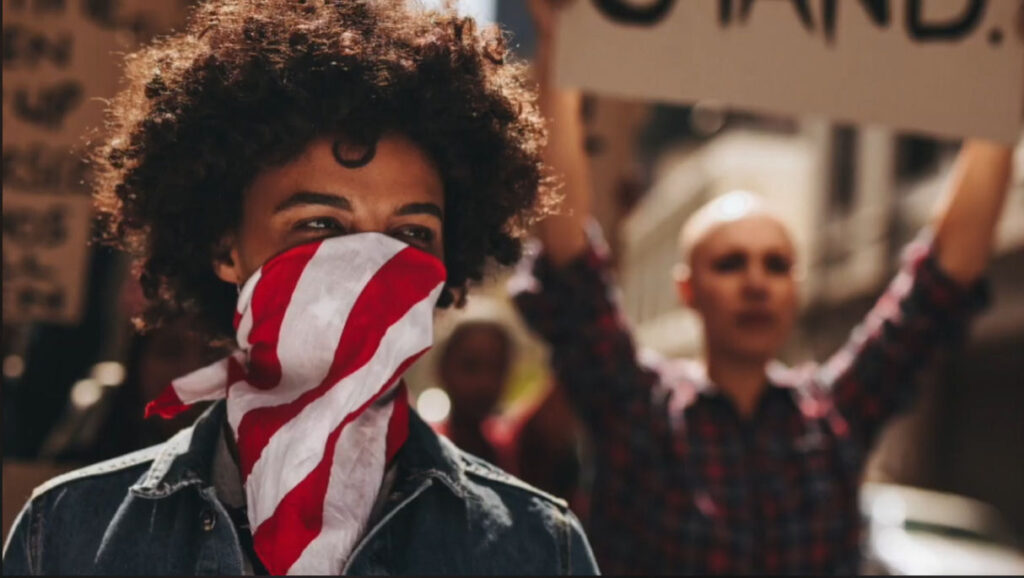WASHINGTON DC (4 JULY 2021) Read the full article Frederick Douglass had nothing but scorn for July Fourth. The Black abolitionist spoke for the enslaved.
It was a Monday, the day after the Fourth of July in 1852, and Frederick Douglass was speaking to a packed room of 500 to 600 people hosted by the Rochester Ladies’ Anti-Slavery Society. Douglass was about 35 years old (he never knew his actual birth date) and had escaped enslavement in Maryland 14 years earlier.
Over the next hour and a half, Douglass made what is now thought to be among the finest speeches ever delivered: “What to the Slave is the Fourth of July?” He quoted Shakespeare, Longfellow, Jefferson and the Old Testament.
It was imperceptible to his audience that Douglass repeatedly said “yours” and not “ours.” Did they notice the hint of what was to come?
The blessings in which you, this day, rejoice, are not enjoyed in common. The rich inheritance of justice, liberty, prosperity and independence, bequeathed by your fathers, is shared by you, not by me. The sunlight that brought life and healing to you, has brought stripes and death to me. This Fourth [of] July is yours, not mine. You may rejoice, I must mourn. To drag a man in fetters into the grand illuminated temple of liberty, and call upon him to join you in joyous anthems, were inhuman mockery and sacrilegious irony. Do you mean, citizens, to mock me, by asking me to speak to-day?
He also indicted the American church, “with fractional exceptions,” for its “indifference” to the suffering of the enslaved, its willingness to obey laws so clearly immoral. It was a theme echoed a century later by the Rev. Martin Luther King Jr. in his “Letter From Birmingham Jail.”
The church, Douglass charged, “esteems sacrifice above mercy; psalm-singing above right doing; solemn meetings above practical righteousness. A worship that can be conducted by persons who refuse to give shelter to the houseless, to give bread to the hungry, clothing to the naked, and who enjoin obedience to a law forbidding these acts of mercy, is a curse, not a blessing to mankind.”
Douglass couldn’t see what would follow: sharecropping & Jim Crow, redlining & Bull Connor, incarceration rates & George Floyd. He turned to the Constitution, and defended it; raised it up as a pathway to liberation for the enslaved.
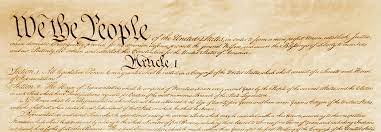
Boy was he wrong.

